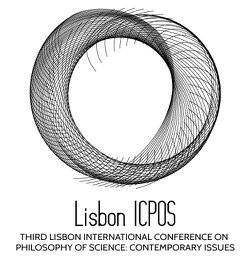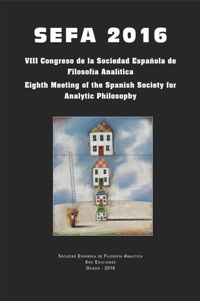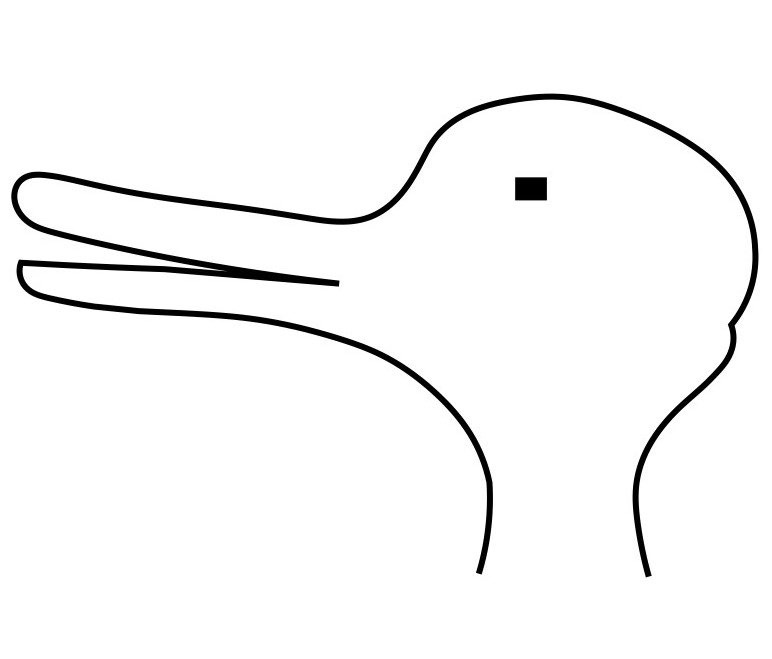On the Difference Between Ambiguity, Vagueness, and Indeterminacy (05/2017)
The Fifth International Conference on Philosophy of Language and Linguistics, 12-14 May 2017 | Łodz, Poland
Ambiguity, Vagueness and Indeterminacy are similar phenomena but surely different. Surprisingly, some authors defend something like an ambiguity-vagueness continuum. According to this view it would be only a question of degree whether a term is vague or ambiguous. However, it’s easy to find paradigmatic examples of ambiguity, vagueness, and indeterminacy and we can distinguish them intuitively without difficulties. I am going to make a sketch of some of the most important differences between ambiguity, vagueness and indeterminacy. Personally, I don’t think that continuum-account is correct but it’s due to the lack of an adequate ambiguity criterion. We should work out a criterion to distinguish ambiguity from vagueness or indeterminacy.

 Eighth Meeting of the Spanish Society for Analytic Philosophy, 10-12 November 2016 | Oviedo, Spain
Eighth Meeting of the Spanish Society for Analytic Philosophy, 10-12 November 2016 | Oviedo, Spain